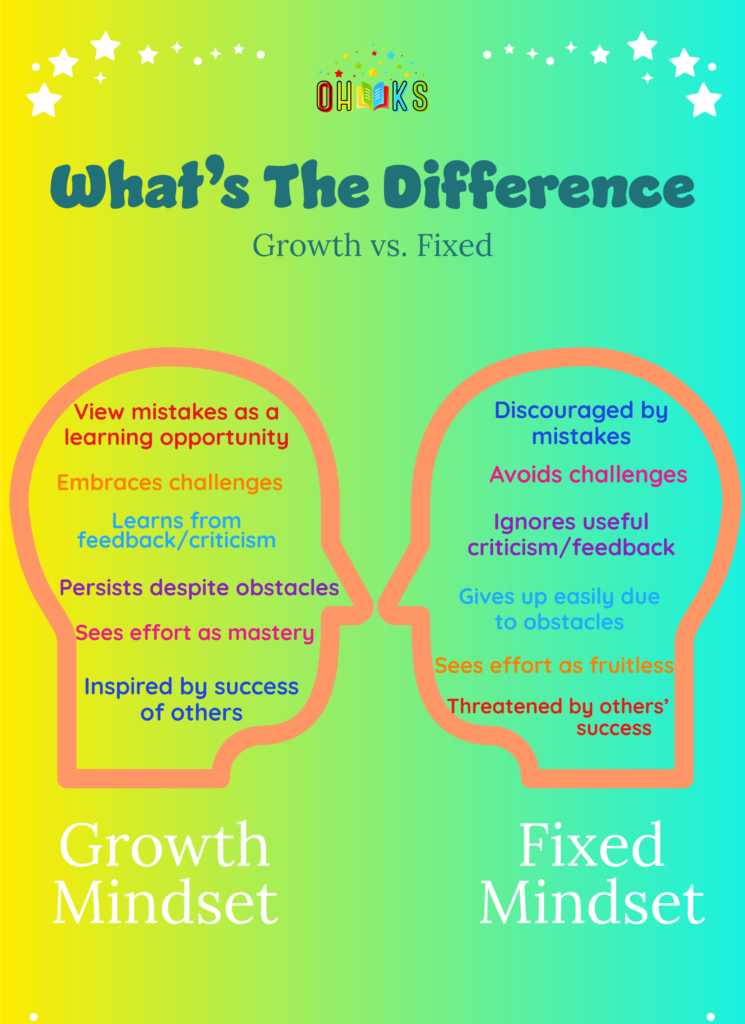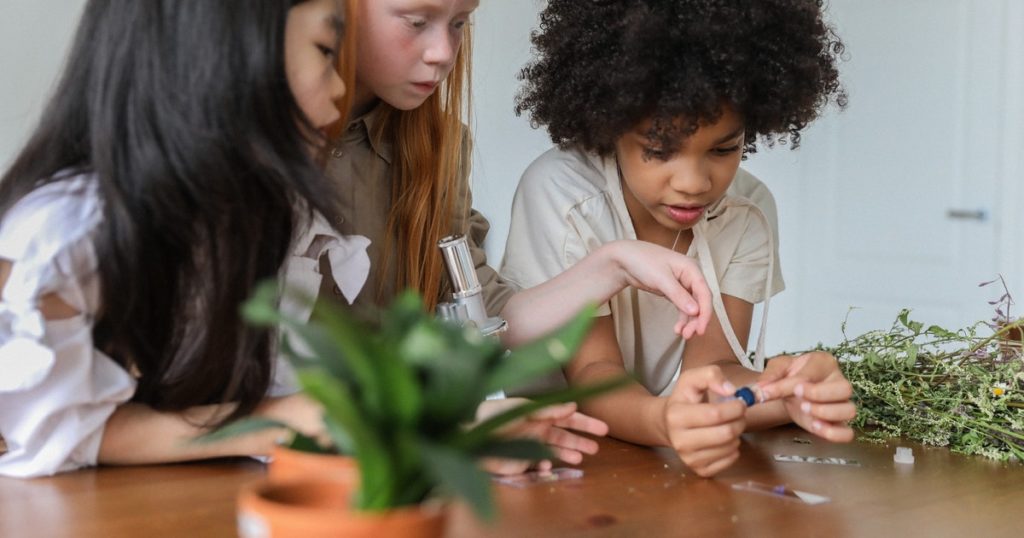Don’t Accidently Box In The Growth Of Your Child’s Mind
We all love our children, and as a result attempt to convey that love in so many different forms. Whether our child will make an attempt to do something, succeed at something, receive some form of recognition, or fail in some aspect, we always will do our best to show our love. Despite our best intentions, we sometimes might be limiting our child’s growth. As a result, it is important to understand the power of a growth mindset, and how to cultivate one within your child.
What Is A Growth Mindset
Simply stated, a growth mindset is exactly what the word entails. It is a mindset in which an individual believes they have the ability to grow. The growth is not focused on a child’s ability to believe they will “grow up” and eventually become an adult, but rather focuses on effort and hard work. You can see why it would be important for a child to believe they can learn more and do more, as you begin to understand this concept.
A growth mindset is in contrast with what is called a fixed mindset. In this mindset an individual believes their ability is permanent, based on limitations they have come to believe. Again, this seems obvious as to why this would be a great hinderance on a child’s development. What is not always obvious, however, is the difference between the two.
Growth Mindset vs. Fixed Mindset
Understanding the basic difference between the two definitions is a good start. In order to develop a better understanding, however, it is important to look a litter deeper at the differences. The first distinction of importance is that a growth mindset is empowering, whereas a fixed mindset is limiting.
Leading psychologist Carol Dweck, an expert who studies human motivation, provides a brief outline of some of the differences between a growth mindset and fixed mindset as follows:

The distinction is important, because how we approach our children will often dictate the type of approach they will have in life. If they have a fixed mindset, they are likely to develop fears and refrain from pushing themselves to newer levels of growth. Having a growth mindset, however, can enable them to feel confident and even excited by the opportunity of being challenged. Thus, it is important to know how to approach situations with your child, to ensure they are developing a growth mindset.
Out of love we often want to tell our child many different things. We truly believe we are speaking to them in a loving and caring manner. Unfortunately, we as parents can often make simple mistakes that create limiting beliefs, without even knowing it! Here are some tips that can help you cultivate a growth mindset in your child.
Praise The Effort And Process, Not The Child
The study proved, that children who had a fixed mindset, regardless of whether they believed they were smart or not, believed their potential was limited. They continued to do the same puzzles to reaffirm their ability. The children who were praised for their effort and the process, chose new challenging puzzles, because they believed they could increase their potential.
In the future try to replace the “you are smart/intelligent/creative etc.” with something such as,
– “You found a really good way to do that.”
– “I can tell you have been practicing really hard.”
– “You really challenged yourself to find a lot of different ways to do that.”
Failures Are Just Teachers
Many children, as well as adults, do not handle failure very well. Many of us will give up or utilize a limiting belief to justify our failure. As parents, we often shield our children from failure, whether it be intentionally or unintentionally. When your child fails at something they are doing, phrases such as “it is OK, you are still young” or “that might be too hard for you, let me help you” seem harmless and are often good intentioned. Unfortunately, if children do not fail, they do not have the opportunity to learn.
If as parents, we are praising the process, then we need to ensure that they develop the understanding that failure is part of the process. Often, the belief is as a parent, it is your job to help your child feel better when they do not feel good about themselves in the moment. While this is true, when your child does not feel good about failure, you have an opportunity to help instill a growth mindset. When the child feels they cannot do something, they are not able to do something, or that they do not have the necessary intellect to do something, you have the opportunity to teach. Simply by adding the word yet at the end of each sentence, you have created the beginning of a whole new mental approach. Again, this ties into praising the process. If the process is effort and persistence, then there likely are to be failures. They are not, however, finalities. In fact, they are opportunities to learn on how you can do something differently or how you can try something differently. It is only one word, but by incorporating the word yet into your child’s vocabulary, you will be making a transformative impact.
Use Empowering Self-Talk That Focuses On Efforts
When you are providing self-development tools for your child, you will likely be using some form of self-talk to help them feel good from within. One of the easiest ways to help them feel good and cultivate a growth mindset, is to ensure that their self-talk or affirmations focus on their ability to grow and learn.
Getting children to tell themselves they are smart or amazing, can be unintentionally limiting. However, introducing the child to phrases such as “I am capable” or “I can learn from my mistakes” will begin to help them develop a growth mindset. Getting the child excited about the process, will in turn result in the child pushing themselves to grow and develop. In short, your child will feel empowered not limited.
Don’t worry if you have been using any of the limiting phrases above. Many of us have done so or are currently doing so. That does not mean that your child is stuck with a fixed mindset. Like any muscle in your body, the brain can be trained to grow and get stronger. You can start now by becoming aware of how you speak to your child and how they speak to themselves. Within a relatively short amount of time you will see the difference, as they begin to expand their mindset to do or be anything they desire!

Founder/CEO
OH-KS
Rachna Patel is the founder of OH-KS Corporation, a company that creates one-of-a-kind programs and materials, to help children ultimately become happy, healthy, confident, have a strong growth mindset, and so much more. To learn more about their latest products, you can visit their website at www.OH-KS.com
